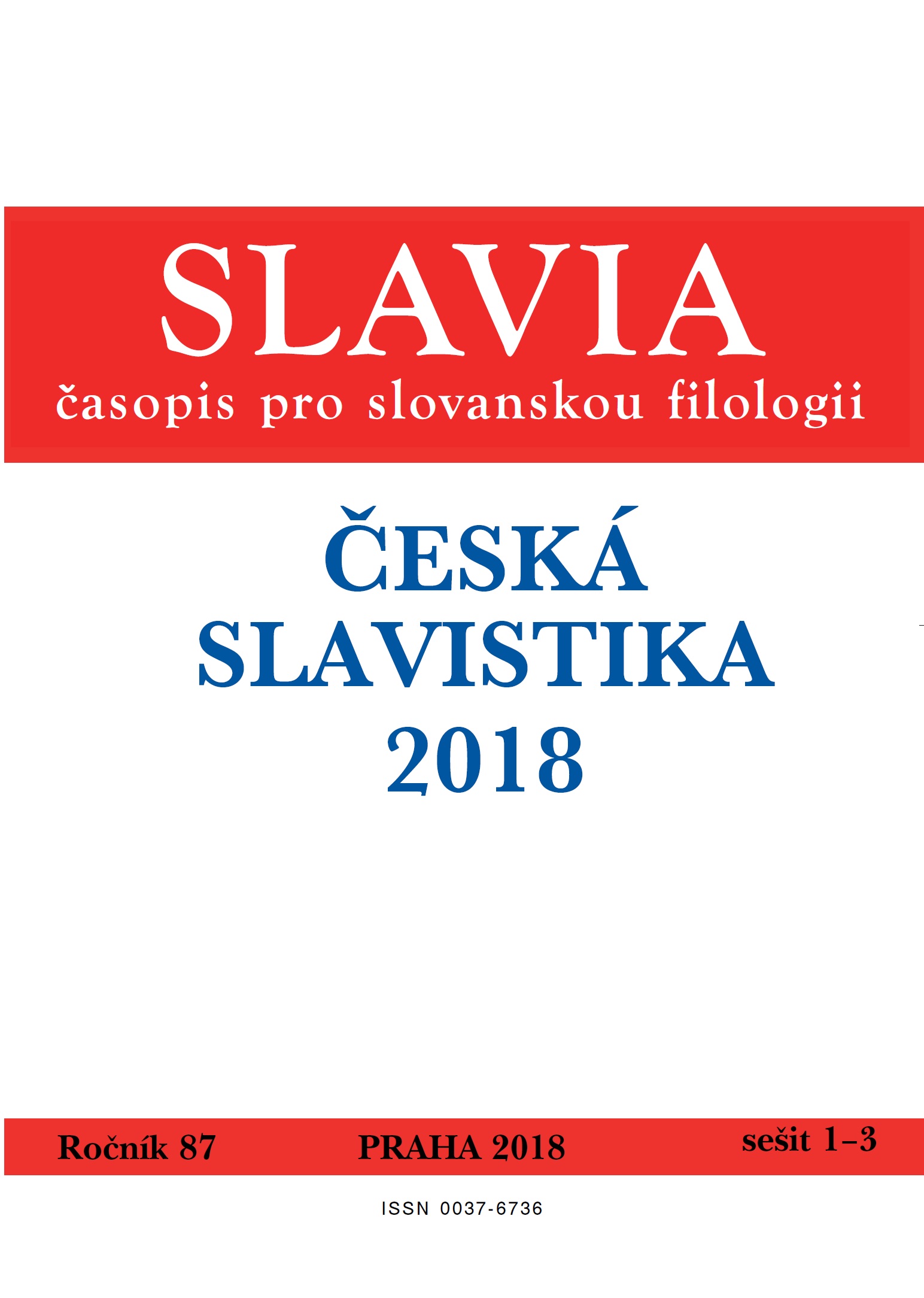K otázce vymezení fáze D jihoslovanských národních hnutí v kontextu teorie Miroslava Hrocha
On the Question of Defining South Slavic National Movements at Phase D in the Context of Miroslav Hroch’s Theory
Author(s): Miroslav KoubaSubject(s): Recent History (1900 till today)
Published by: AV ČR - Akademie věd České republiky - Slovanský ústav and Euroslavica
Keywords: Miroslav Hroch; national movement; national identity; phase D; South Slavic countries
Summary/Abstract: Approximately 40 years ago, Miroslav Hroch formulated his well-known typology of European national movements, taking into account the general assumptions of their dynamics (Phases A, B and C). With regard to the dynamic development that has taken place since 1989 not only in Eastern Europe, the question arises as to how to shape the development of national movements in recent decades in terms of their chronology. In the Slavic countries, these processes were greatly influenced by the fall of socialism and the subsequent transformation after 1990, which again updated the issue of nationalism. The continuous formation of cultural and ethnic identity can be characterized in the context of Slavic nations in two fundamental planes. In the traditional national movements, the three mentioned phases occurred during the “long” 19th century. On the other hand, the development of delayed movements could have been interrupted, or the sequence of particuler phases was accomplished only partially. Therefore, the paper tries to answer the question of whether phase D can be defined in the South Slavic context in this dichotomous situation. In the context of specific situations, its terminological naming (the phases of nivelization, redefinition or substitution) is also offered.
Journal: Slavia - časopis pro slovanskou filologii
- Issue Year: LXXXVII/2018
- Issue No: 1-3
- Page Range: 205-226
- Page Count: 22
- Language: Czech

